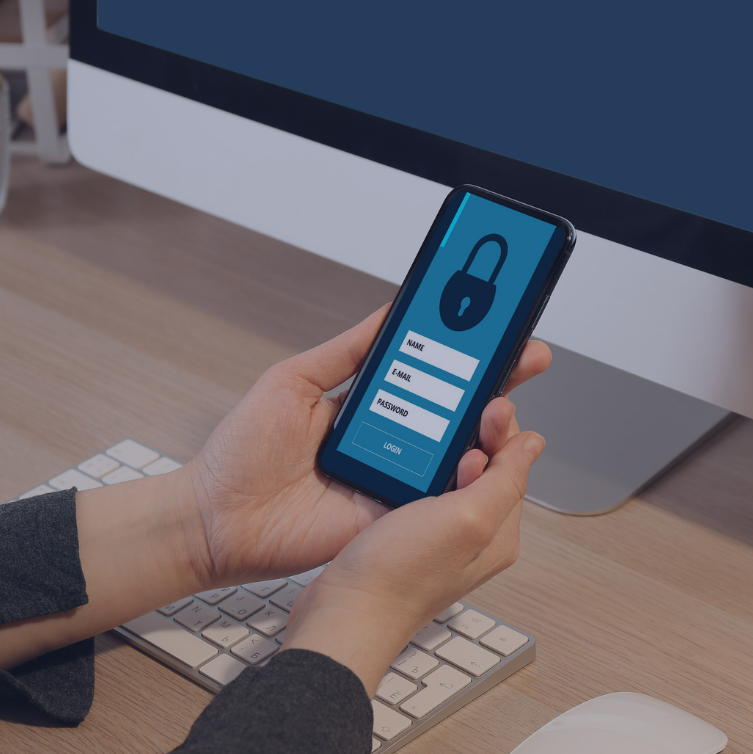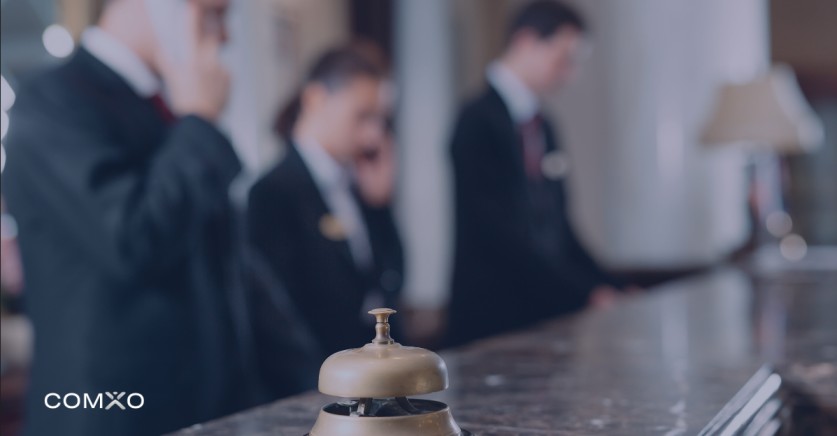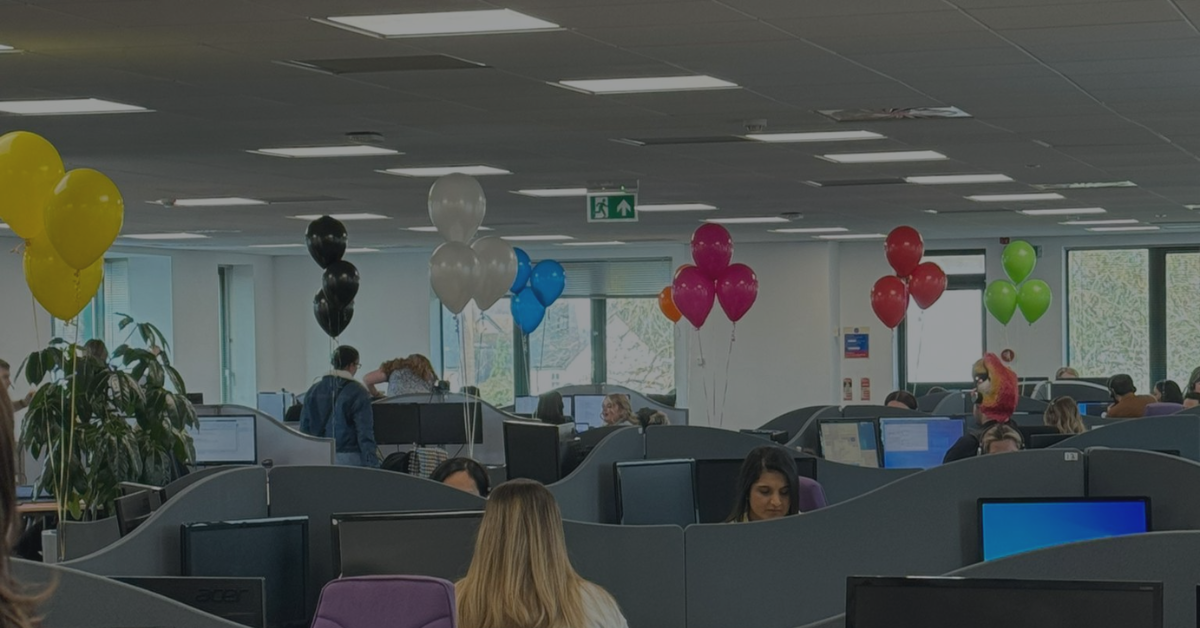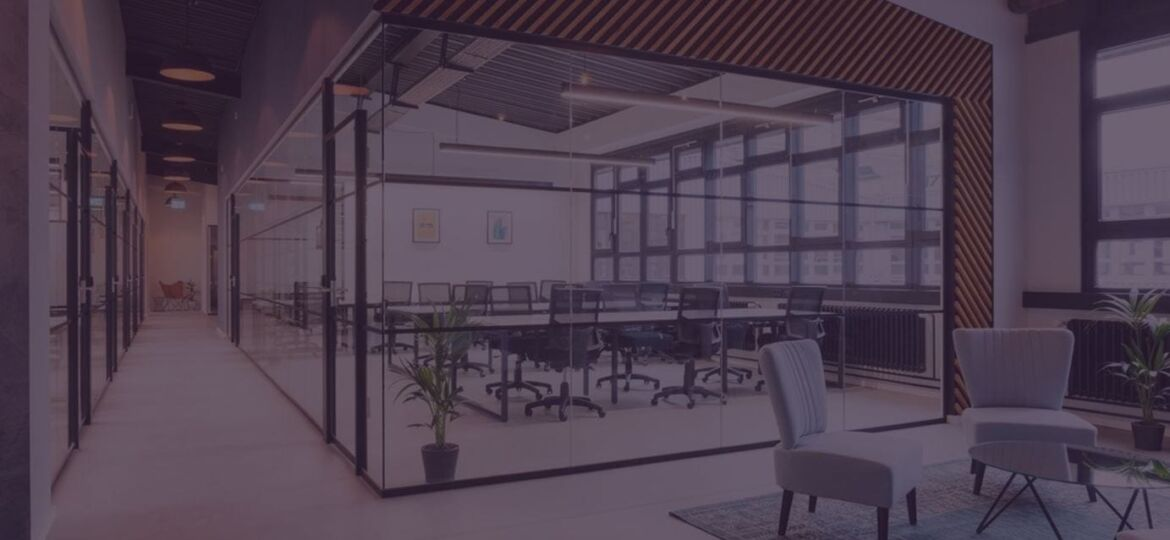The traditional nine-to-five is becoming an “antiquated relic from the past”, according to Forbes. Statutory changes will mean that, from April 2024, workers will have more power to request flexible working allowances from their employer, while the majority of firms that participated in the UK’s four-day week trial have since made the policy permanent. The pandemic has also contributed to a growing expectation for service providers be reachable outside of normal office hours.
Many senior lawyers will likely already know that the working day rarely ends at 5pm sharp, and the line between office hours and downtime is often blurred by the use of Microsoft Teams, email, company WhatsApp groups and other communication channels. But for many firms, important calls (including new business enquiries) continue to come in outside office hours – and our research has recently found that many Top 250 firms still rely on voicemail to handle them.
With generational attitudes to voicemail messages changing, and the legal landscape more competitive than ever, are answerphones, receptionists or in-house switchboards enough to ensure your customers receive an outstanding experience? Here’s why we think that 2024 should be the year that law firms rethink their switchboard solution to keep up with evolving customer needs.
When did you last leave a voicemail?
There’s a common belief that people under the age of 35 strongly dislike using voicemail, and will avoid doing so wherever possible. But it might not only be millennials who have turned their back on voicemail – our in-house research suggests that as many as 60% of people don’t leave a message if the person they’re calling doesn’t pick up the phone.
This can be a problem for law firms. Up to 6% of new business enquiries are made after-hours, and if they end with a voicemail prompt, chances are the caller will pick up the phone to a competitor instead.
This means losing out on an opportunity before you’ve even had the chance to follow it up – which is not ideal for your marketing ROI.
Voicemail doesn’t provide much data
Have you ever found yourself thinking, “This firm doesn’t get that many out-of-hours calls?”.
This is traditional thinking amongst many firms that aren’t using an external switchboard supplier to gather call data. It may sound obvious, but if calls coming in outside of regular business hours aren’t being picked up, they’re probably not being recorded either – meaning that the data is skewed towards the belief that most callers stick to the 9-5.
In a post-pandemic world, customers are more likely than ever to expect longer business hours, or even round-the-clock communication. Outsourced switchboards that pick up calls 24/7 — and capture analytics data – will be able to give you a clearer picture of who’s really calling you when you’re not able to get to the phone (as well as making sure your out-of-hours new business calls don’t go to a competitor instead).
What's the alternative?
There are increasing opportunities within organisations to employ alternative communications options, but not every call can – or should – be a webchat.
“Over the past 12 months, the availability of powerful generative AI tools, especially large language models (LLMs) that can parse and respond to unstructured text or speech, has opened new possibilities for technology in customer care”, according to McKinsey.
Before you commit to an AI solution for customer care, the same article states that “Gen Z customers are 30 to 40 percent more likely to call than millennials, and use the phone as often as baby boomers.”
This paints a more complex picture of the future. With more communications channels available than ever, many of us prefer to use quicker, less personal channels, like email, text, AI assistants or self-serve portals.
But this only holds true when we have to do something small – like pay a bill, chase up a non-urgent enquiry, or request a copy of a document. As seamless as self-service can be, most people still pick up the phone for urgent, complex, difficult or personal issues – and for the legal industry, these kinds of call are the ones that matter most.
Customer experience relies on difficult, sensitive or unusual calls being handled expertly and empathetically, and clients will almost always prefer to phone up and speak to a real person. They won’t try to deal with a difficult situation via email or webchat, and they certainly won’t feel grateful if their call is met with a dial-tone or a perfunctory voicemail message.
However, outsourcing your switchboard to a trusted supplier ensures that your firm is available around the clock. Suppliers such as ComXo provide highly-trained, empathetic and multilingual staff, dedicated to confidently handling client calls with a personal, human touch.
The 9-5 doesn't reflect your clients' lives
Does your client – or a potential new client – have an employment law dispute to discuss? If so, they may not be able to call during normal office hours, when they may be in earshot of their colleagues or their manager. It’s more likely you’ll get a call just after 6pm, or perhaps before 9am, where small windows of time become increasingly important for clients to have a resolution to their call.
Likewise, callers with family-related enquiries may be more likely to contact you on their lunch break, when they have more privacy than the evening hours. For many firms, 12-2pm can be a blind spot in terms of telephone cover – your own staff will likely be taking lunch breaks during these hours, and your cover may not be at full capacity.
As an extra consideration for the marketing teams, being able to make the most of the new business opportunities that come from your marketing spend is crucial for your ROI – so it’s vital to understand why the cover provided by an in-house switchboard might not be meeting evolving customer needs.
One-call resolution is the ideal outcome for customer service
While the service industry has often relied on being reachable beyond traditional office hours, the pandemic has led to a growing sense of expectation that all kinds of companies should be more accessible. This may mean that customers have less patience with businesses that appear to be difficult to reach.
In a world where your gym is open 24/7, packages are delivered to your home late into the evening and most large businesses have customer service coverage outside of traditional hours, client communication expectations have clearly shifted.
For law firms – and especially larger law firms – there is a standard of professionalism to maintain. If customers are paying for premium legal support, they’ll also expect outstanding client communication. Ensuring you have the resources to meet those expectations could give you a competitive advantage, as our research shows that first-call resolution significantly enhances client experience and helps build deeper, longer-lasting relationships with your clients.
Looking for a flexible switchboard solution? Here’s how ComXo can help...
ComXo are industry-leaders in transformational switchboard and business support services, committed to redefining the switchboard for law firms. With a combination of technology and great people, we help you deliver exceptional experiences more flexibly, and maintain peak productivity as you adapt to the challenges of hybrid working.
Our 24-hour switchboard service lets you filter cold calls, triage calls according to urgency, direct enquiries to the right people or department, and meet growing customer expectations in a hybrid world.
Why not talk to our team about how we can support your firm.









